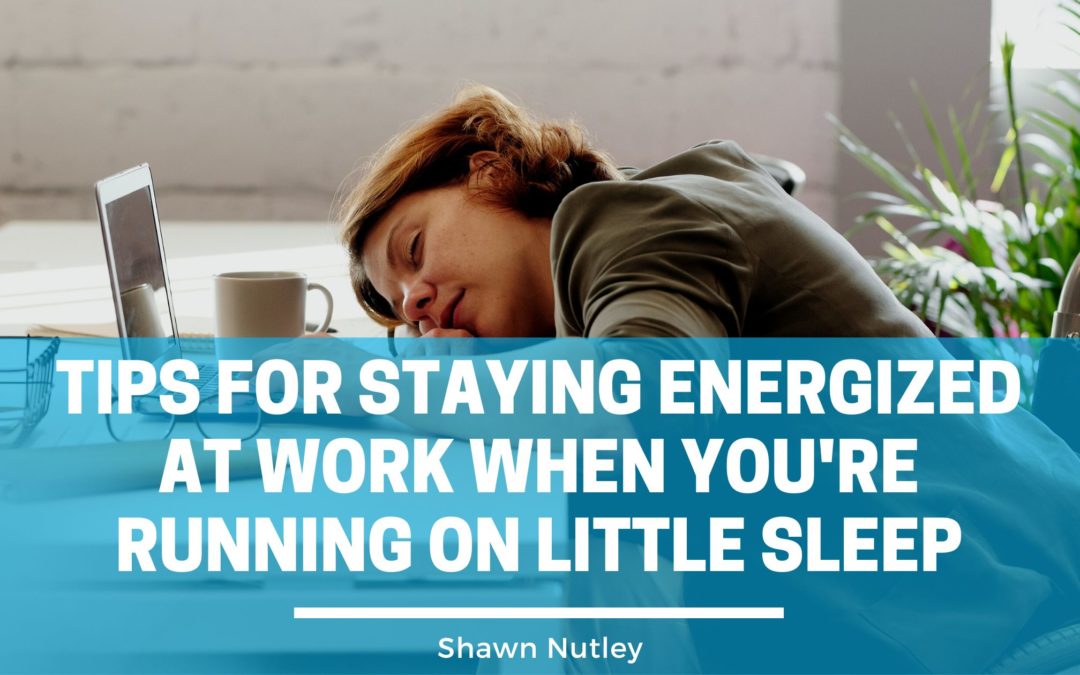Sleep deprivation decreases blood flow to parts of the brain like the prefrontal cortex, which is in charge of higher-order cognitive functions. You can also be more irritated and prone to mood fluctuations when sleep-deprived. Despite our best efforts, everyone has the occasional sleepless night that carries over to the next day. Here are tips for performing at work despite getting little to no sleep.
Drink Caffeine Carefully
Contrary to popular belief, you should refrain from drinking copious amounts of caffeine if you are sleep deprived. Side effects of caffeine consumption include reduced appetite, nervousness, and additional trouble sleeping. Choose moderately caffeinated beverages like coffee or tea throughout the day, and avoid energy drinks, especially those with added sugar.
Grab a Power Nap
A quick sleep lasting less than 30 minutes is referred to as a power nap. It’s a well-documented technique if you feel drained and weary. In addition to improving cognition and alertness, power naps provide your body and brain with the therapeutic advantages of sleep without negatively compromising your ability to fall asleep at night. Power naps are known to enhance moods, response times, and memory. Additionally, power naps help strengthen your immune system and lower stress. Sleep length is critical. A whole sleep cycle takes 90 minutes. Naps of 20-30 minutes will revitalize you because you avoid the deep sleep stage, which can elicit a foggy sensation upon waking.
Inhale Outside Air
Nature is one of the most underused physiological and psychological stress relievers out there. Exposure to natural sunshine supports the maintenance of circadian rhythms, which will assist in restoring your sleep cycle. Spending time outside can lower your heart rate, relieve tension, and awaken your mind.
Avoid Processed Carbs
Refined carbohydrates have little fiber, vitamins, or minerals, earning them the moniker empty calories. They have a high glycemic index and are rapidly absorbed, causing rapid increases in blood sugar and insulin levels. Additionally, they are included in a variety of processed meals. Although your tired body might be craving something fast and easily accessible, avoid ultra-processed meals and drinks. Because processed meals elevate our blood glucose levels, our pancreas secretes more insulin, which lowers our blood sugar, leaving us drowsy and disoriented. As a result, we start the cycle again by craving more processed foods. On tired days, create meals containing all the macronutrients from unprocessed, whole foods. Choose proteins, vegetables, nuts, and seeds for your lunch and snacks.

